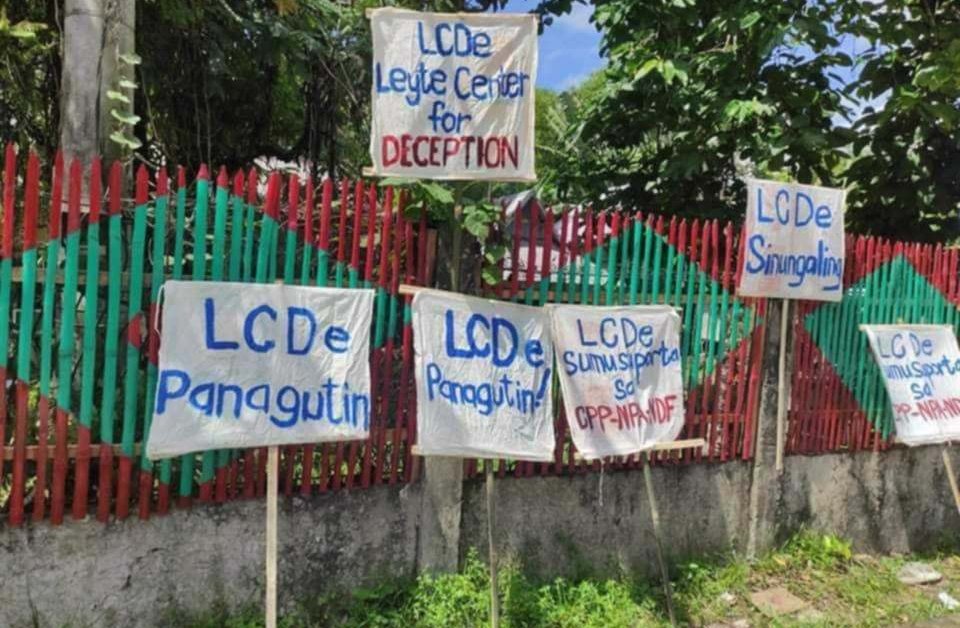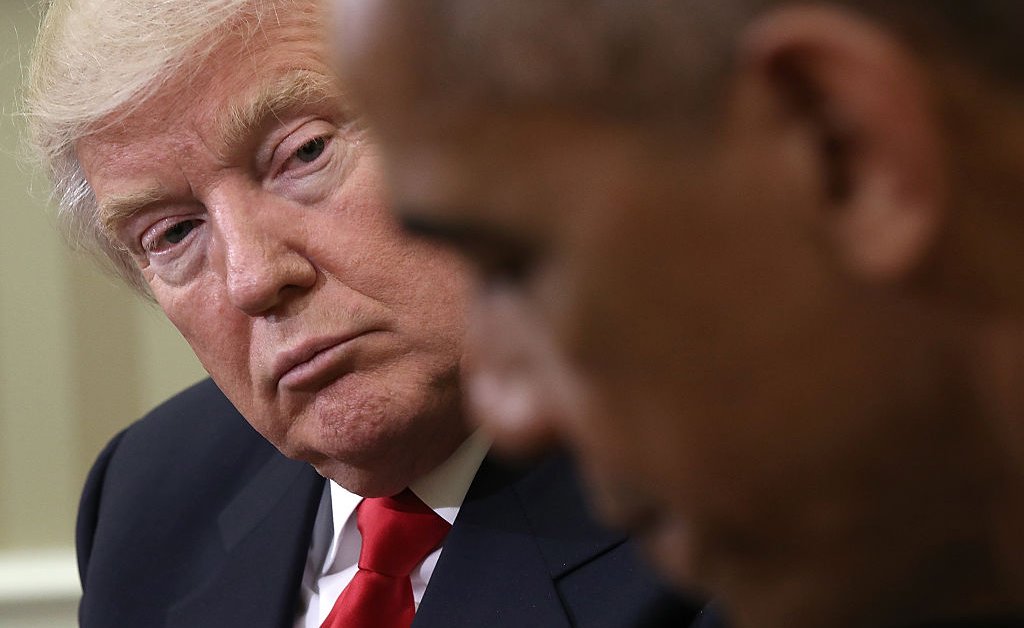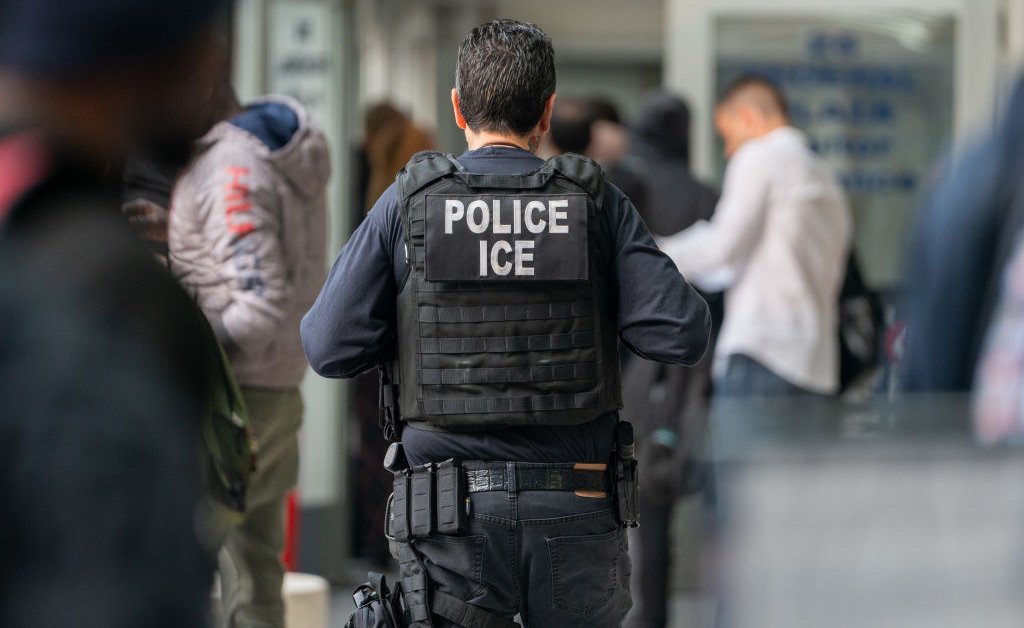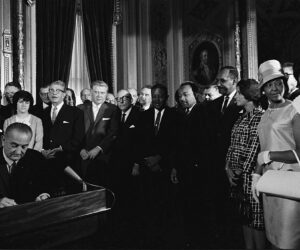In a rapidly evolving global landscape, leadership skills are highly valued and play crucial roles in business, politics, academia, non-profit organizations, and more. Innovative leaders can shape the direction of society. Effective leadership extends to all aspects of life, from community engagement to professional endeavors.
Understanding the formative experiences and paths of American leaders can offer insights into what skills and environments are important, and how these skillsets developed can be applied across different domains.
Methodology
This study examines a diverse group of 4,800 of the most influential figures shaping U.S. society today—from policymakers and corporate executives to leading scientists, educators, and cultural innovators. Together, these individuals reflect the complex and interconnected fabric of American leadership. They span a broad range of industries and professional fields, offering insights into how power, expertise, and decision-making intersect across sectors. By including voices from politics, business, science, academia, and the creative industries, this research aims to capture the full scope of influence in contemporary America and to illuminate the varied pathways through which leaders shape social and institutional change.
Comprehensive CVs were compiled for each leader, capturing all publicly available information about their educational and professional backgrounds. Data sources included personal websites, resumes, corporate biographies, social media profiles, and media coverage.
Leaders were selected based on their current positions, with an emphasis on tracing the paths that led them to these influential roles. To focus on career progression rather than present status, current positions were excluded from analysis. The dataset therefore highlights only the experiences that contributed to leaders’ advancement.
Only organizations with a significant U.S. presence were included, consistent with the project’s geographic focus. This criterion applied specifically at the position level—allowing for the inclusion of leaders whose education or work experience occurred abroad, provided those roles involved organizations active in the U.S. market.
Board memberships, advisory roles, and honorary appointments were omitted, as these typically acknowledge existing achievements rather than contributing to career development.
The resulting dataset comprises roughly 20,000 distinct career milestones (“CV stations”) drawn from multiple verified sources such as official CVs, company websites, and professional profiles. Each entry includes organization name, role, and employment dates. Organizations were grouped under their current parent companies to account for mergers, acquisitions, and rebranding. For example, an acquired company’s data was attributed to its present parent organization.
After data compilation and cleaning, the frequency of each university and company mentioned in the CVs was aggregated and integrated into a Leadership Index of 125 universities and 175 companies to identify the most attended institutions and mentioned professional experiences. This index adjusts for organization size, ensuring that both large and small institutions are fairly recognized for their effectiveness in developing future leaders. Each career milestone was classified as either educational or professional, representing academic and career stages respectively.
The final analysis produced the third-edition of two rankings: “Best Colleges for Future Leaders” and “Best Companies for Future Leaders.” These lists identify the organizations most successful in cultivating the next generation of influential leaders, based on a rigorous, data-driven evaluation.
See the full list of “Best Colleges for Future Leaders 2026” and “Best Companies for Future Leaders 2026.”








